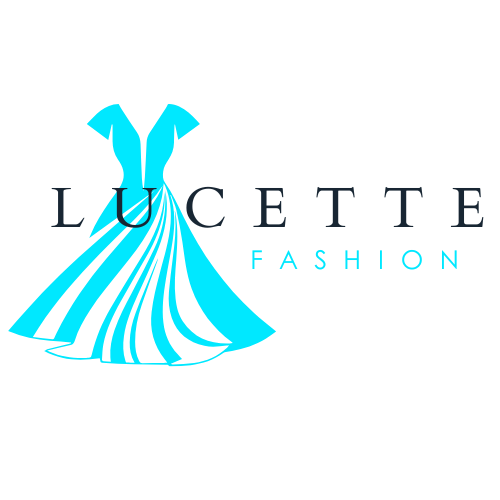A recent online debate sparked when a woman shared her opinion on the type of dresses that men find attractive, leading to a husband sharing his contrasting view that ignited a storm of reactions. The initial tweet praised floor-length, off-the-shoulder gowns for their elegance and appeal, emphasizing a balance between sexy and classy aesthetics.
However, the husband’s response to his wife’s request for an attractive dress photo took a sharp turn, showcasing a revealing black mini dress. This revelation fueled a heated discussion online, with many criticizing the husband’s choice and questioning his preferences, suggesting it reflected excessive exposure to certain content.

This incident is not isolated, as previous instances have seen individuals facing backlash for their opinions on women’s fashion. A sports enthusiast’s TikTok video highlighting a specific outfit as the epitome of attractiveness faced similar criticism, with dissenting voices dismissing the relevance of men’s views on fashion.
The online discourse surrounding men’s perceptions of women’s attire reflects a broader societal conversation on gender roles, objectification, and individual expression. While some defend the right to personal preferences, others challenge the notion of dressing for external approval, advocating for self-expression free from external influence.
Experts suggest that such debates highlight deeper societal issues, including the perpetuation of traditional gender norms and the impact of media representation on individual perceptions of beauty and desirability. The intersection of fashion, gender, and societal expectations continues to shape discussions on personal style and self-image.

As the conversation on women’s fashion evolves, it underscores the importance of empowering individuals to define beauty on their terms, free from external pressures or stereotypes. Embracing diversity in style and celebrating individuality remains crucial in reshaping cultural narratives surrounding fashion and identity.
Ultimately, the controversy surrounding men’s opinions on women’s fashion serves as a catalyst for broader discussions on autonomy, representation, and inclusivity in the fashion industry and society at large. By challenging conventional norms and embracing diverse perspectives, individuals can assert their agency in expressing themselves authentically and confidently.




